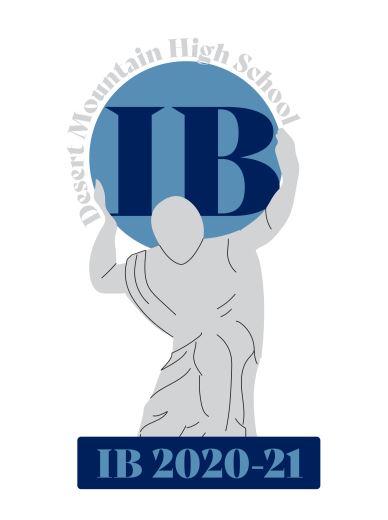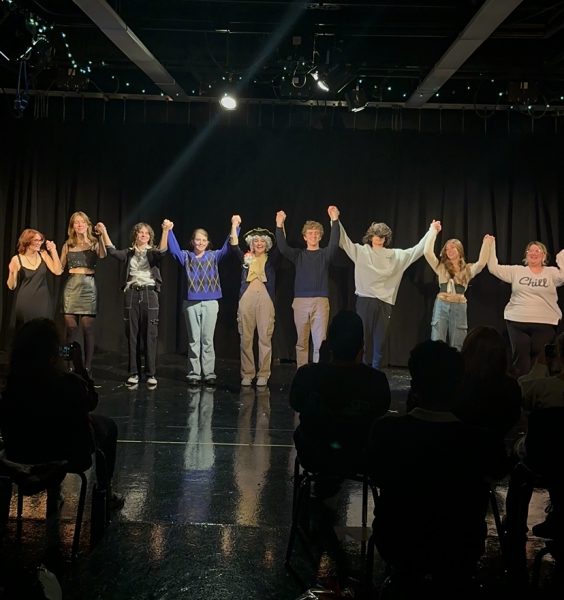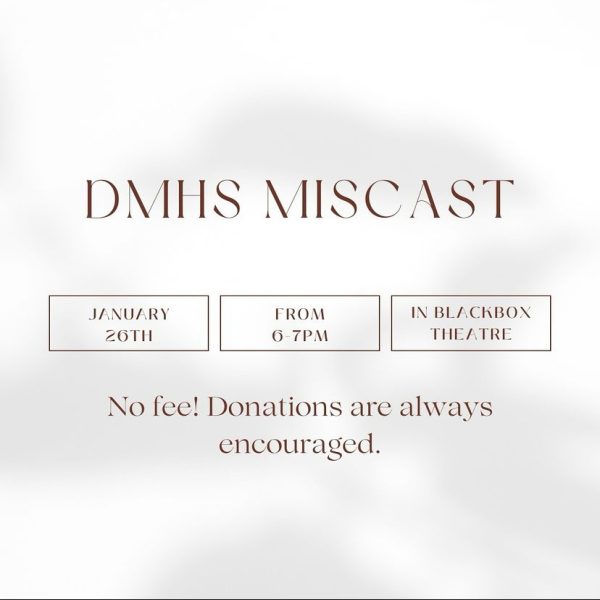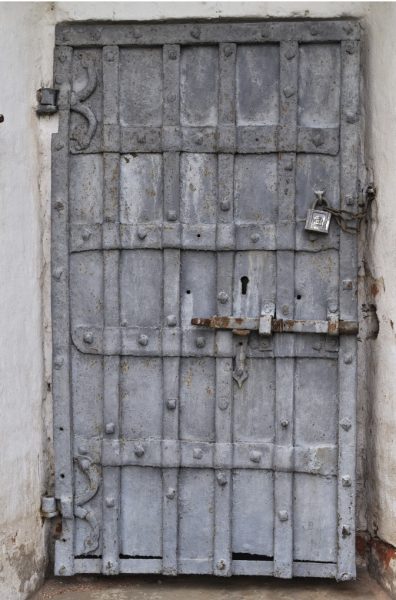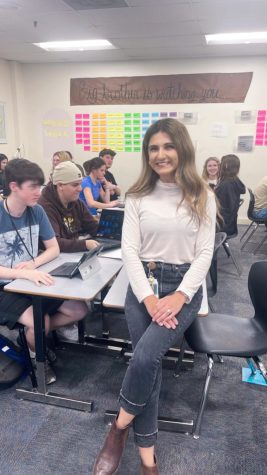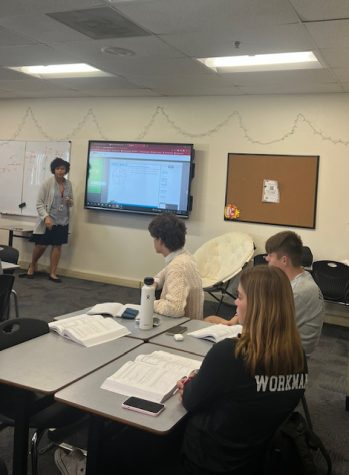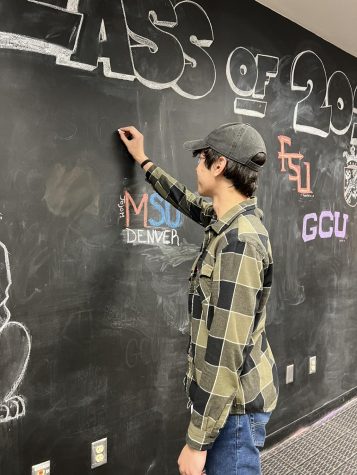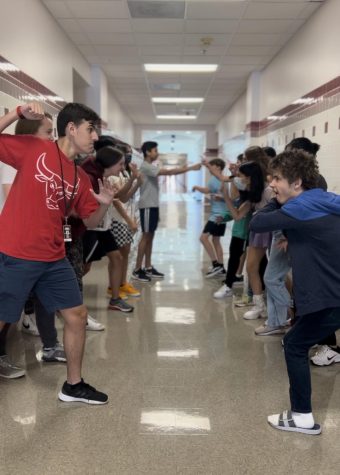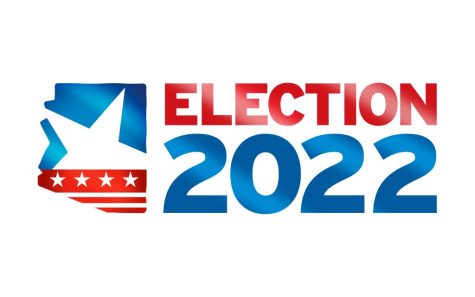IB Successful
IB Alumni return to help sophomores, parents weigh pros and cons of program
April 15, 2021
International Baccalaureate, a rigorous program that has students utilize critical thinking and collective group efforts, is viewed as daunting to some, while an opportunity for success to others. Five alumni, all of whom graduated IB at DM, provided students and parents insight to their personal experiences with the program during a recent Zoom call sponsored by the school’s IB Parent Association.
“Those who have walked the path can give the best perspective and advice,” said IBPA president Ms. Miyako Ichikawa. “That was IBPA’s thought behind creating the IB alumni speaker forum…. [for] IB Diploma Programme graduates to share their experience of having ‘survived’ the IB DP and how this experience is benefiting their college academic lives.”
While 119 sophomores are enrolled in the IB Middle Years Program (MYP), only 65 are continuing into the Diploma Program next school year. While many sophomores are still debating whether to stay in or not, this alumni meeting was held to help students weigh the pros and cons.
“IB teaches you to be a self starter. You have to show interest to find opportunities,” said Cameron Etebari (Class of ‘14), a third-year medical student at Brown.
The alumni currently attend different colleges and each experienced different situations when trying to transfer their IB credits towards their college status.
Alumnus Andrew Frisch (Class of ‘19), agreed that “IB made the transition to college easier.”
Samantha Basch (Class of ‘19) said she would be graduating a year early from UCLA because of her IB credits and that it varies for each individual’s choice for what college they want to attend.
“IB helped me with time management and spearheaded my love for learning,” Basch said.
Taylor Hall (Class of ‘18) said that at Tulane, only her HL credits were accepted. “For me, I took AP tests that corresponded to the IB courses I took in school which helped benefit me as well.”
Frisch said that because he chose to study engineering at U of A, IB helped get prerequisite classes out of the way.
“Some majors will take more IB credits than others, he said, “so doing your research on different schools is important.”
Etebari said students must research how many IB credits colleges colleges will accept. “Brown only accepts some of the classes depending on the score you got. It is all dependent on your major, college, and situation.”
Service hours prepared graduates for college
Diploma program students are required to maintain a balanced lifestyle by completing 75 hours of Creativity, Action, and Service (CAS) hours their junior year and an additional 75 hours their senior year.
“CAS took me out of my comfort zone and had me do a lot of things I wouldn’t have done normally,” Hall said. “At Tulane, I have to take service learning based classes for my major and CAS prepared me for this while making me a well rounded person.”
IB graduates said many of their college essays were based on his volunteering experiences with CAS and how it made him a compassionate person and a better communicator.
“CAS helps apply your knowledge for real world applications,” Brooke Koritala (Class of ‘18) said,
Alumni ended the program by providing advice to the students in the MYP who were still deciding whether or not to proceed to the Diploma Program.
They urged students to make their own decisions.
“Weigh out the pros and cons for you personally,” Koritala said, “but remember that scholarships for IB are a great advantage.”

